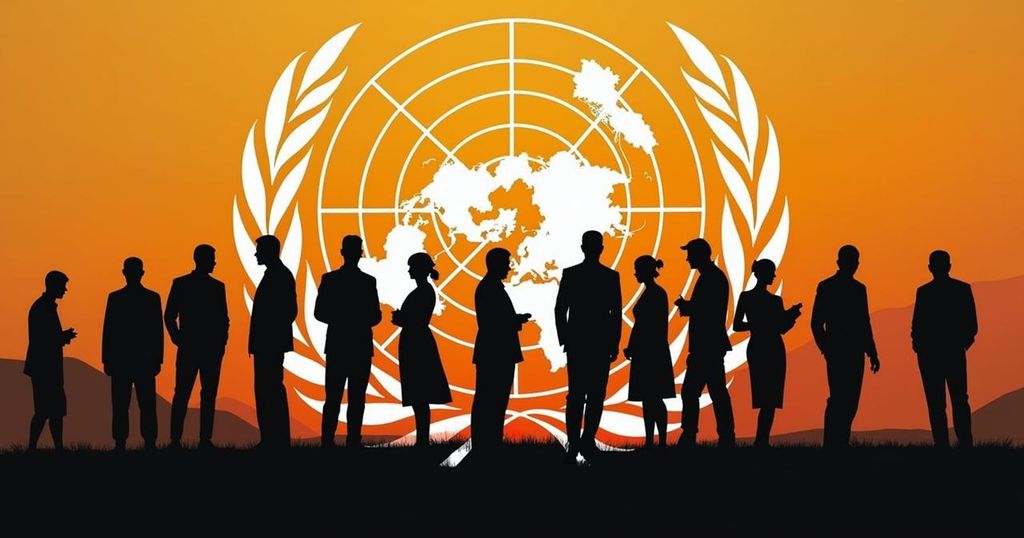Bhutan has expressed strong support for India’s bid for permanent membership in a reformed United Nations Security Council. Prime Minister Tshering Tobgay emphasized India’s significant economic growth and leadership in the Global South as deserving of this status. He also advocated for Japan’s inclusion and highlighted the importance of reforming the Security Council to more accurately represent today’s geopolitical realities. Furthermore, he reflected on Bhutan’s recent achievement of graduating from the LDC category, crediting India’s unwavering assistance during this transition.
Bhutan has expressed its firm support for India’s aspiration to attain permanent membership in a restructured United Nations Security Council, further enhancing India’s bid during a high-level week at the UN Assembly. Prime Minister Tshering Tobgay articulated his belief that India, bolstered by substantial economic advancements and its leadership role within the Global South, rightfully deserves such recognition. He conveyed heartfelt gratitude to India for its unwavering support on Bhutan’s developmental journey, particularly as the nation transitioned from the Least Developed Countries (LDC) classification. In his address at the 79th session of the UN General Assembly, Mr. Tobgay insisted on the necessity for the Security Council to evolve, stating, “The United Nations must evolve to meet the realities of today’s world. The Security Council, as it stands, is a relic of the past.” He underscored the need for a council reflective of contemporary geopolitical dynamics and socio-economic realities, emphasizing the call for reform within the 15-member Security Council. Furthermore, he expressed support for Japan’s bid for permanent membership, acknowledging its role as a significant donor and peace advocate. Mr. Tobgay also celebrated Bhutan’s milestone achievement of graduating from the LDC category in December of the previous year, emphasizing the effort required to reach this point and extending thanks to various partners, especially India, for their steadfast support. He articulated that while this graduation is a notable achievement, it is crucial to recognize that only seven nations have accomplished this in the past 50 years, stressing that “this is unacceptable.” He called upon the international community to intensify efforts to lift all LDCs out of their precarious situations. In closing, he noted the significance of the recently adopted “Pact for the Future” as a strategic framework to improve the conditions for the world’s most vulnerable populations.
The discussion surrounding India’s bid for a permanent seat at the UN Security Council is rooted in the broader context of global governance reform. The Security Council, which comprises 15 members, has faced criticism for its outdated structure, which does not adequately represent the contemporary geopolitical landscape. Several countries, including Bhutan, have voiced their support for India’s inclusion, recognizing its substantial economic growth and leadership role in various international forums. Bhutan, having recently transitioned from an LDC to a more developed status, leverages its own experience to advocate for the inclusion of nations like India and Japan in global decision-making processes.
In conclusion, Bhutan’s endorsement of India’s bid for permanent membership in the UN Security Council underscores a collective desire for reform within international institutions to ensure they properly reflect current global dynamics. Prime Minister Tobgay’s remarks highlight the importance of India’s role in the evolving geopolitical landscape, while also addressing the need for greater attention to the challenges faced by LDCs. This synergy between Bhutan’s aspirations and India’s standing represents a significant alignment in the pursuit of a more equitable global governance framework.
Original Source: www.thehindu.com






